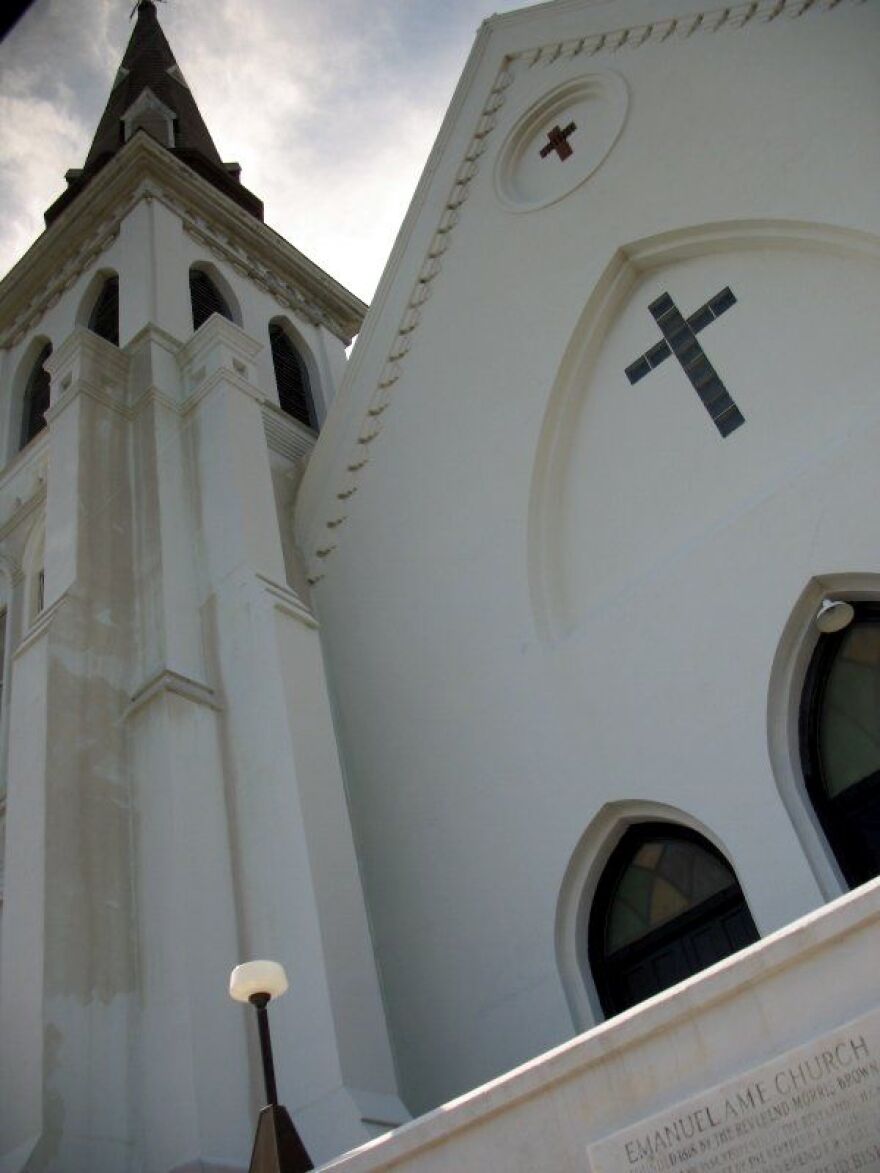During a prayer meeting, in Charleston, South Carolina.
The police identified the suspect as 21-year-old Dylann Roof. He was apprehended Thursday in Shelby, North Carolina. Police are calling the act a hate crime as the community continues to grieve.
, chair of the History department at UNC-Chapel Hill, said he was filled with despair after reading the news of the shooting Thursday morning.
"There seems to be no space in America that is safe. Schools, churches, movie theaters, virtually any space now seems to be a target to this kind of violence," Brundage said. His work focuses on historical memory by both white and black Southerners since the Civil War.
White violence against black religious institutions has a long legacy in the United States. Brundage said black churches have a long history of being targets for violence from white supremacist groups like the Ku Klux Klan.
"During the late 19th and early 20th century, whites aroused by some alleged crime not only might lynch someone near or even in front of a black church, but might burn a black churches down," he said.
Brundage said the bombing of a black church in Birmingham, Alabama in 1963 is another example of anti-black violence in churches.
Black churches have played critical roles in civil rights efforts: as gathering points for black independence during Reconstruction and as centers of activity by Civil Rights Movement participants in the 1960s and 70s.
Brundage hopes the act is not an indication of race relations in the city. "I would like to think this is the act of a very, very desperate person who does not reflect the white community sentiment in Charleston," he said.
In a speech at the White House Thursday, President Obama called the Emanuel AME Church "more than a church," and spoke about the church's earlier experience with violence when it was burned to ground because its worshippers wanted to end slavery.
You can watch Obama's speech below:
https://www.youtube.com/watch?t=283&v=_VnvsGhUp84








